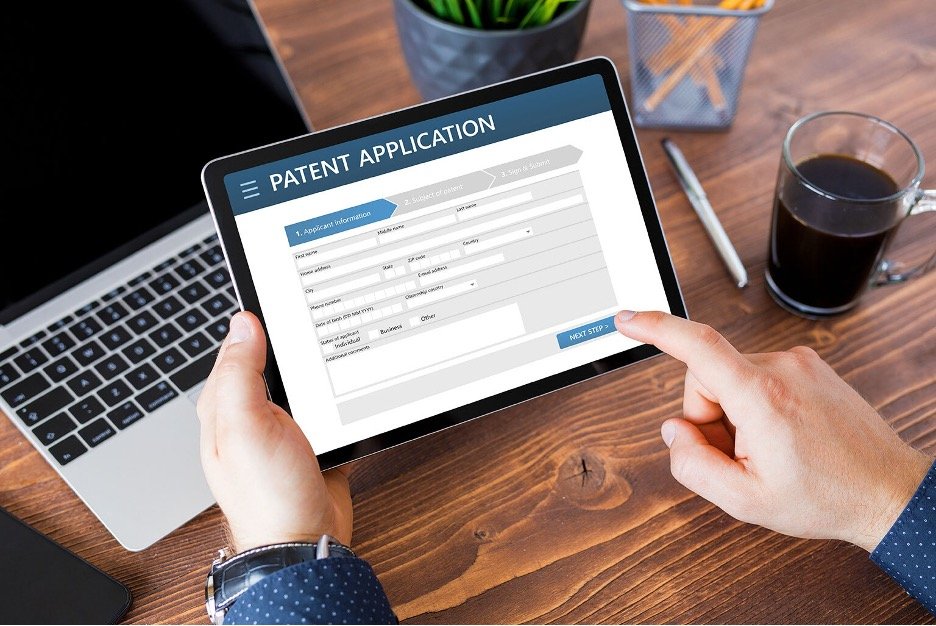The Role of a Patent Attorney in Securing Your Intellectual Property
The Role of a Patent Attorney in Securing Your Intellectual Property
Blog Article
Navigating the patent method could be a complex and technical trip, particularly for inventors and corporations new to intellectual home law. This is where a Patent Attorney becomes an invaluable ally. These appropriate specialists are exclusively qualified and competent to simply help inventors defend their improvements, ensuring that the way to acquiring a patent is smooth, complete, and legally sound.
The patent process begins with deciding whether your invention is entitled to patent protection. A patent attorney conducts a comprehensive prior art research, which recognizes existing patents or publications which could affect the novelty or individuality of one's invention. This is important, since it prevents squandering time and resources on applications apt to be rejected.

Once an technology is regarded patentable, the next thing requires preparing a patent application. This is a technical and legitimately sensitive report that should describe the invention obviously and comprehensively. A patent lawyer has the knowledge to draft powerful statements — the percentage of the patent that defines the range of protection. Badly written states may keep your invention at risk of infringement or make the patent unenforceable.
Filing with the right patent company, such as the USPTO (United Claims Patent and Trademark Office), also requires controlling deadlines, charges, and proper formatting. An attorney ensures your program complies with all regulatory demands, lowering the danger of setbacks or rejections.
After published, the applying is reviewed by way of a patent examiner. That period frequently involves "office actions" — conventional rejections or objections from the patent office. An experienced patent attorney is trained to respond to these measures through amendments or legitimate fights that increase the application's likelihood of approval. Without qualified guidance, these responses could be tough and easy to mishandle.
Beyond filing, a patent lawyer gives long-term support. They could guide in sustaining the patent by monitoring maintenance payment deadlines and provide strategic advice on enforcement if infringement occurs. In some cases, they could also assistance with certification agreements, turning rational home into revenue streams.

Additionally, for companies with global ambitions, navigating international patent regulations may be overwhelming. A patent attorney may coordinate with global patent offices and guide the founder through treaties such as the Patent Cooperation Treaty (PCT), which simplifies the procedure of seeking protection in multiple countries.
In summary, working together with a patent attorney is not just about processing paperwork — it's about creating a solid basis for the innovation's future. Their expertise guarantees that your intellectual home rights are properly secured, enforced, and strategically used, providing you the flexibility and self-confidence to innovate without fear. Report this page